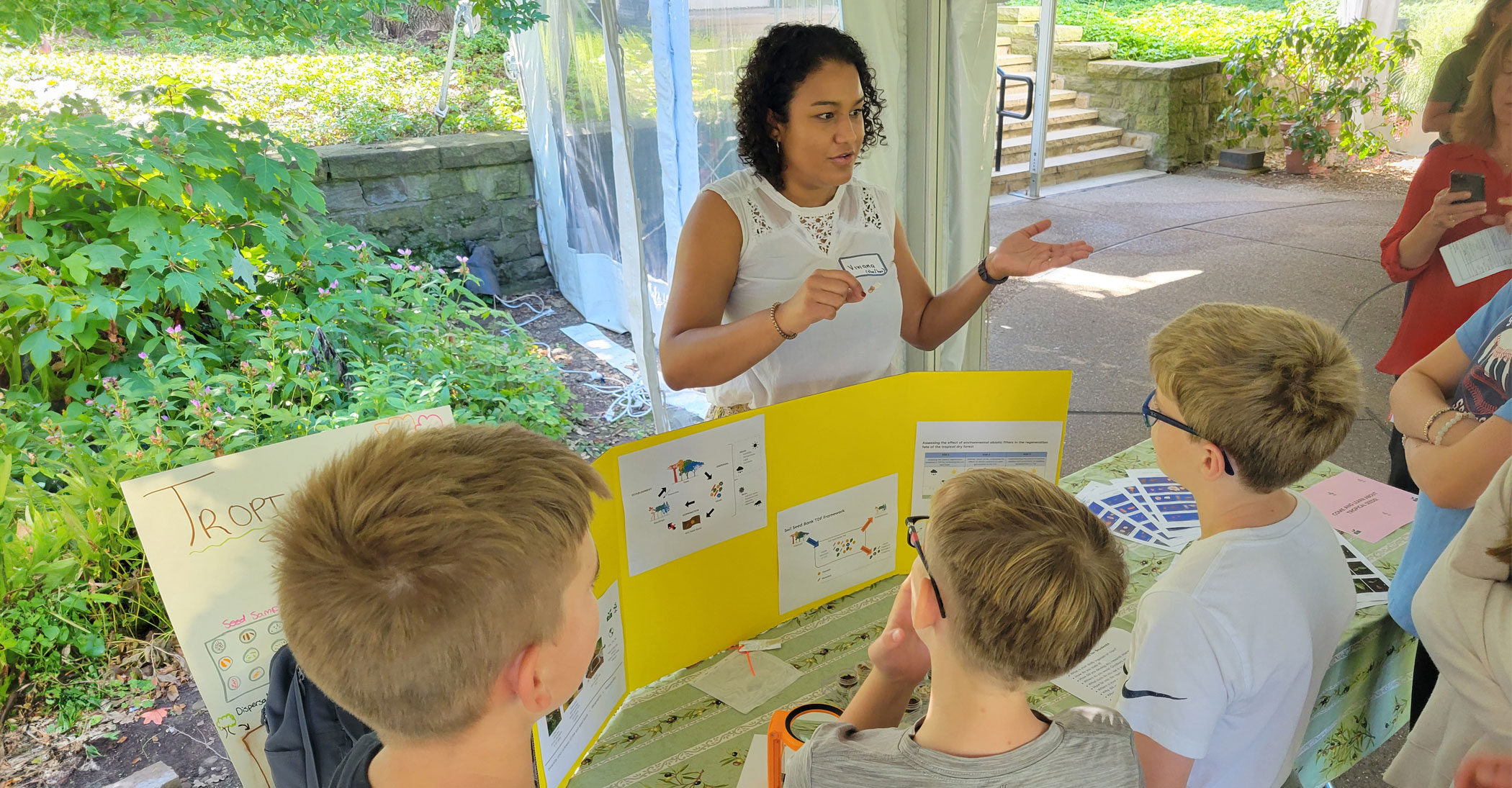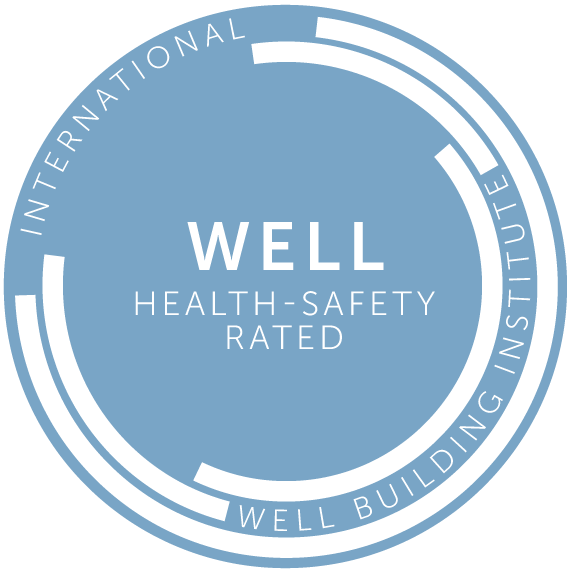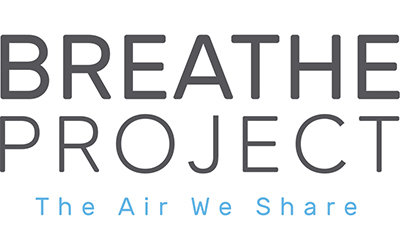Science Communication at Phipps

So much of our world relies on an understanding of science, from the ecological value of plants to the impact of climate change on health to the ethics of AI, yet there is often a disconnect between the general public and members of the scientific research community. According to a 2021 research study by the American Alliance of Museums, collections-based research institutions, like museums and public gardens, are among the most trusted community sources of information to the general public. With that in mind, Phipps is an exciting, ideal space to learn critical science communication skills and develop your science engagement strategies through our various programming opportunities.
Our science communication programs equip researchers from all STEM disciplines with the skills to share their work accessibly and effectively with a variety of audiences by practicing techniques such as jargon management, message crafting, building a relationship with your audience, storytelling and more.
What We Offer
In-Person Workshops
Single day small group opportunities to develop and practice essential science communication skills. Perfect for science professionals in the Greater Pittsburgh area.
Virtual Trainings
Three-part virtual trainings to develop essential science communication skills. Small group sizes to ensure specific feedback and opportunities to practice.
Quarterly Free Webinars
Hour-long webinars that focus on different science communication skills or topics. Short Q&A time at the end.
Meet Our Instructor

Dr. Maria Wheeler-Dubas
Dr. Wheeler-Dubas is the science education outreach manager at Phipps. Her undergraduate degree and her doctorate are both in biology, and she has been in the informal science education spaces of zoos, museums and gardens for nearly 25 years. At Phipps, Maria coordinates science communication workshops, oversees the Botany in Action fellowship program, writes for Phipps’ #bioPGH blog and organizes multiple regular educational events. Overall, she loves nothing more than sharing the wonders of nature with children and families.




